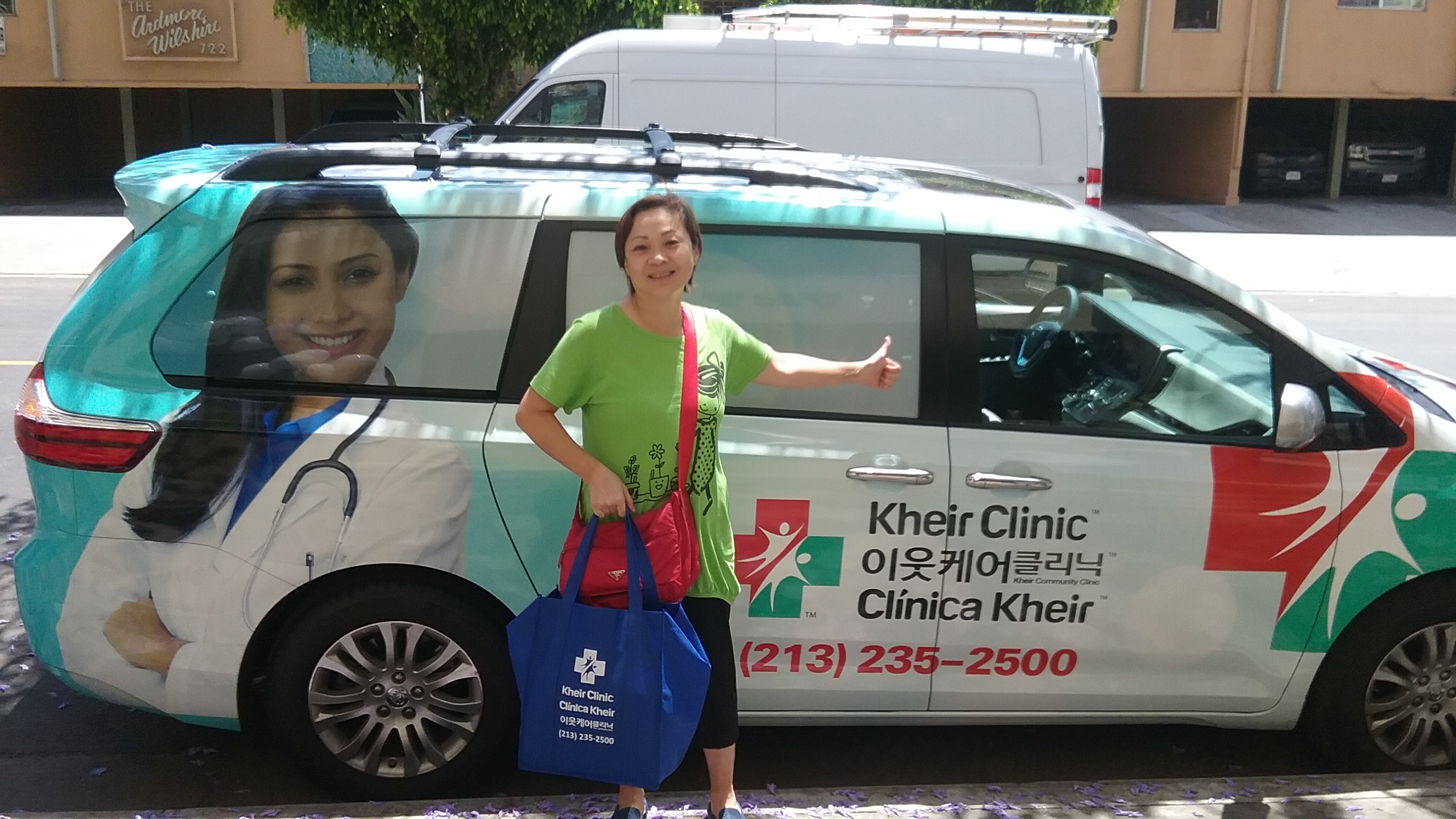
25 Jan Health Care Providers Working to Streamline Transportation Services for Patients
Originally published by National Center for Mobility Management on January 20, 2022
For too many Americans, the lack of affordable, reliable, and accessible public transportation presents a significant barrier to accessing critically needed health services.
Whether it’s missed appointments, delayed surgical procedures, or canceled check-ups, limited transportation options keep at-risk patients from getting the care they need. A 2020 report from the American Hospital Association found that approximately 5.8 million people across the country delayed medical care because they did not have transportation—a growing trend that only exacerbates existing disparities in the health care sector.
In order to streamline access to medical care for their patients, health care providers across the U.S. have begun offering no-cost transit services to ensure that individuals from all walks of life are not delaying medical care as a result of limited transportation options. Whether it’s operating their own transportation services for patients, or partnering with local public transit authorities and outside companies, these providers are working to tackle the transportation-related disparities that keep too many patients from adequately addressing their medical needs.
Clinics offer free transportation services to better serve their patients
Other clinics, such as Kheir Clinic in Los Angeles, have operated their own no-cost transportation services for several years now. The primary care clinic, which was first established in 1986 to serve LA’s non-English speaking Korean community and now serves underserved populations across Southern California, also launched its transportation program to address the lack of accessible transportation services for its patients.
The clinic initially targeted the service to pregnant, disabled, and elderly patients, along with those individuals who continuously missed appointments and had high no-show rates. Now with four vehicles—split between Kheir’s clinics and Adult Day Health Care centers—the transportation service, which is available for free to all of the clinic’s patients, has evolved to meet the needs of the community. And Kheir continually works to screen patients for transportation challenges in order to provide the most comprehensive transportation services available to those in need.
In the early days of the coronavirus pandemic, the clinic was also able to utilize its vehicles to deliver hot meals and groceries to seniors and low-income patients who otherwise lacked access to safe and healthy food—providing patients who could not otherwise access transportation with the at-home essentials they needed.
“Providing a point-to-point service with a van of our own helps with the immediate issue of getting patients to their appointments, but it got us thinking about transportation as a social determinant of health and how it affects patients—not just accessing medical care, but also their ability to access fresh and nutritious food, their ability to get to their jobs, and their ability to get to safe places to play and exercise,” said Kirby Rock, Kheir Clinic’s Vice President of External Affairs.
Click here to read the full article originally published by National Center for Mobility Management

